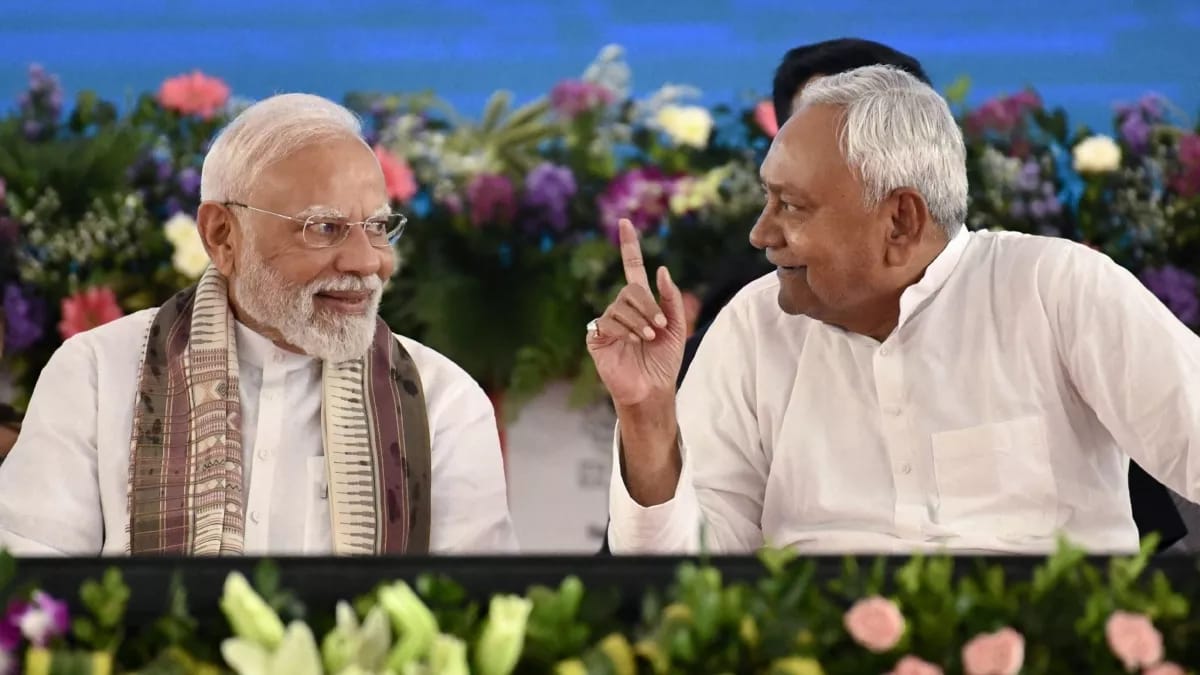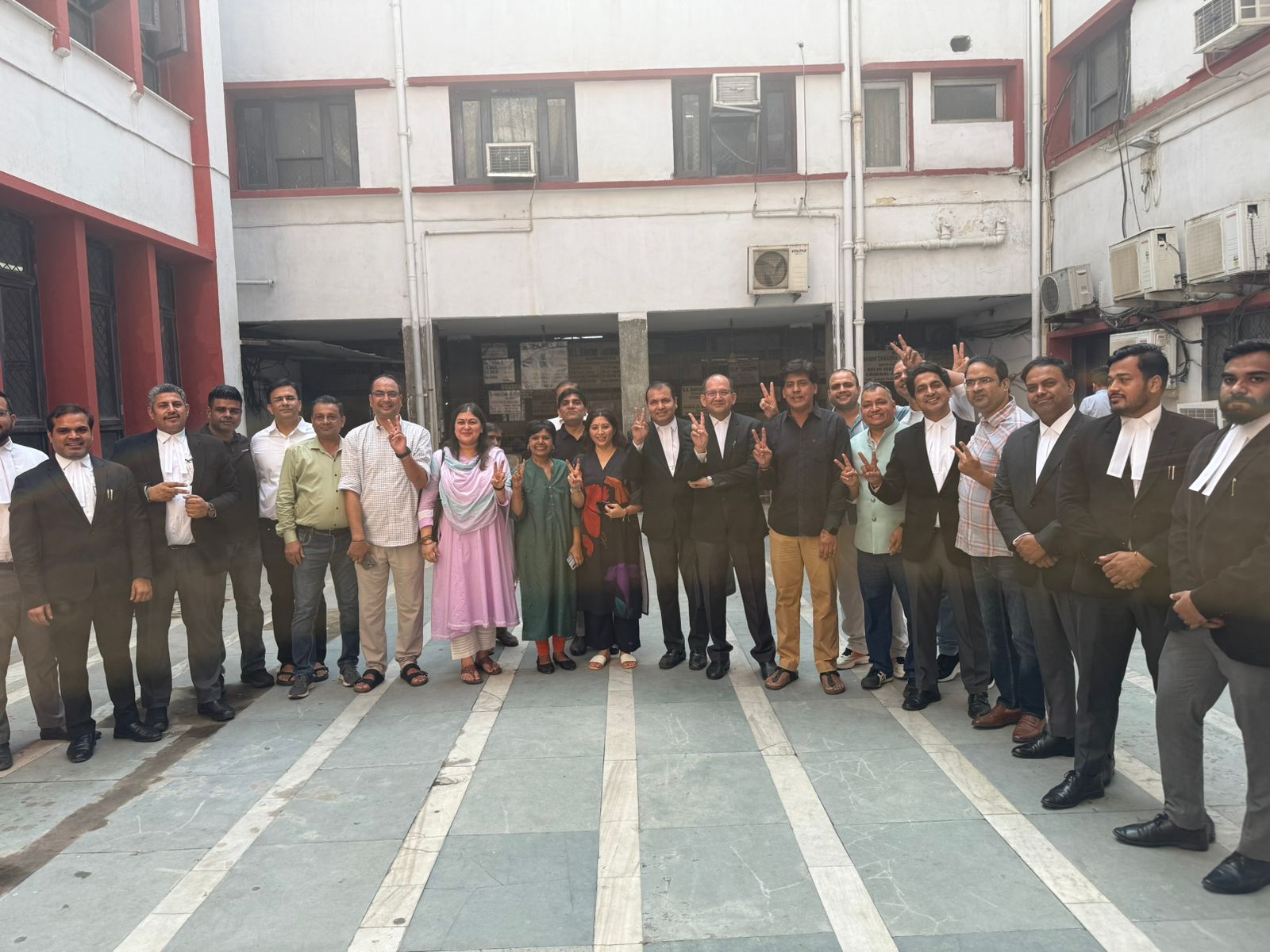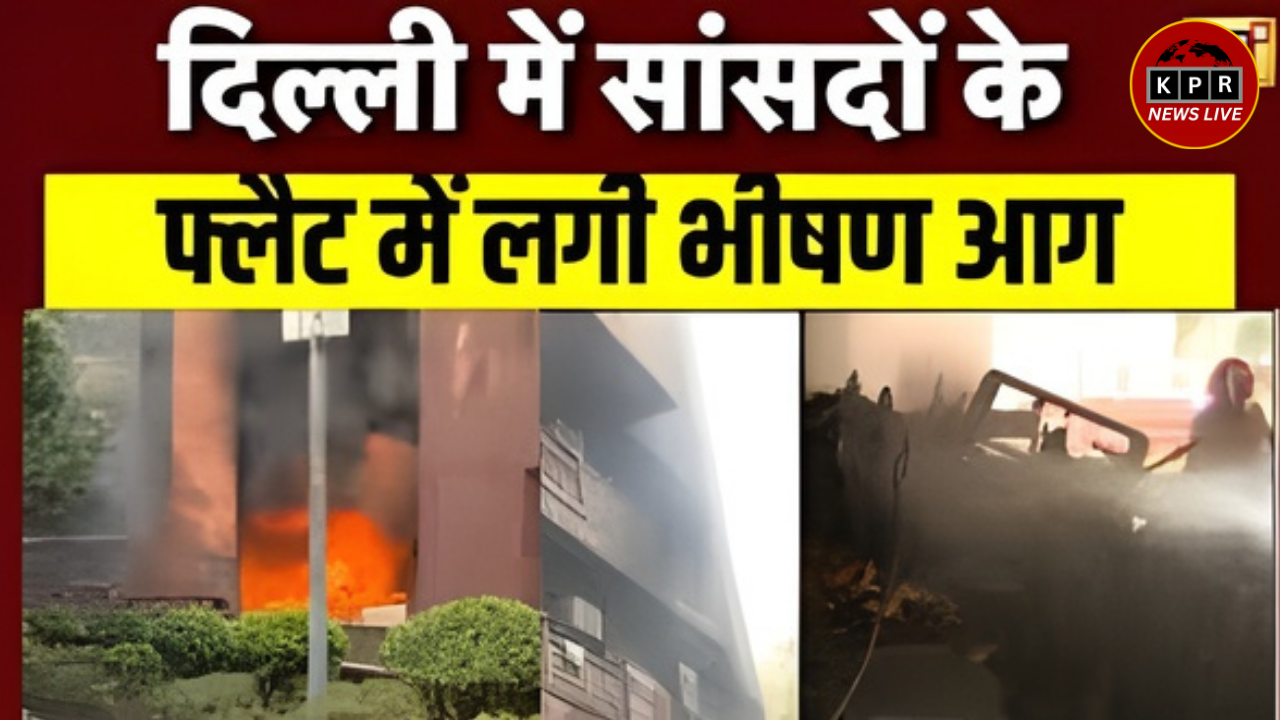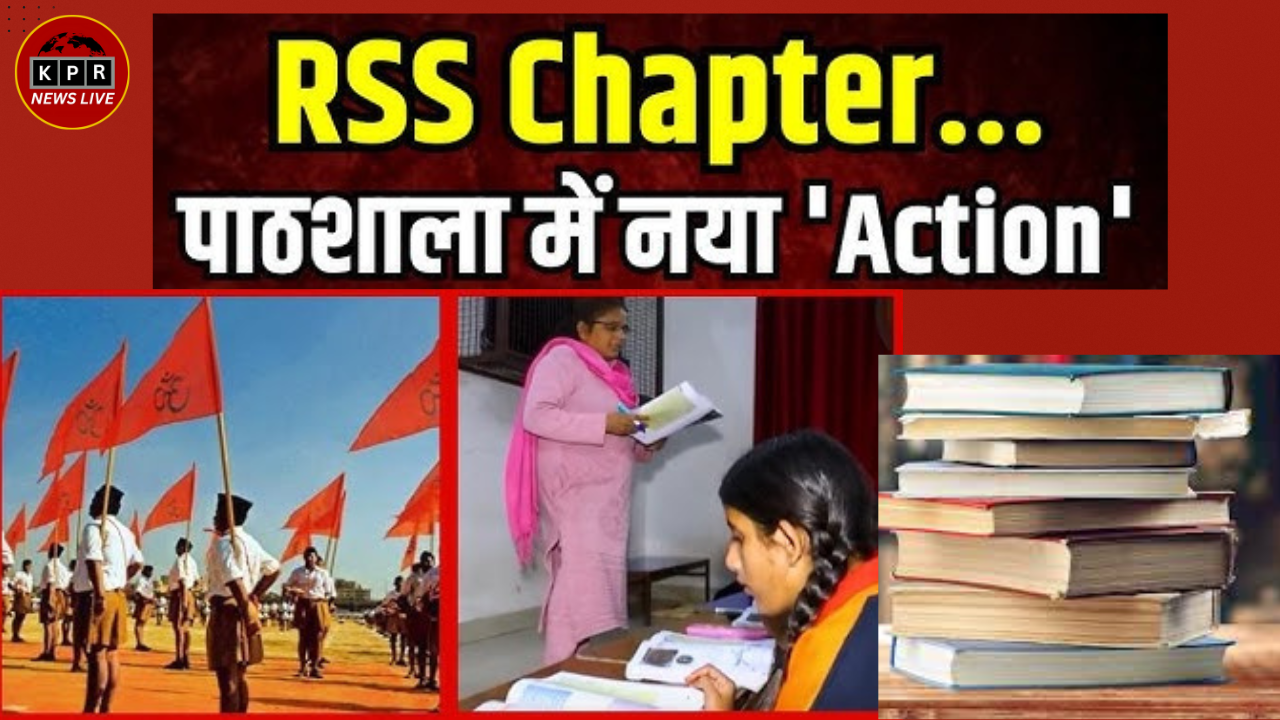Atul Subhash suicide case: The tragic death of Bengaluru-based AI engineer Atul Subhash has sent shockwaves through the tech community and raised questions about the pressures associated with modern marriages and legal disputes. Subhash, a highly skilled technologist, was found dead in his Bengaluru home on Monday, leaving behind a 24-page suicide note and a nearly 90-minute video outlining his struggles with his estranged wife, Nikita Singhania, and her family. His suicide has created a public debate over the intersection of family dynamics, legal battles, and mental health.
Case Summary
Atul Subhash, a successful AI engineer, ended his life after a long and bitter legal battle with his wife, Nikita Singhania, and her family. The FIR, filed by Subhash’s brother Bikas Kumar, named four individuals as abettors to his suicide: Nikita, her mother Nisha Singhania, her brother Anurag Singhania, and her uncle Sushil Singhania.
The police charged the four under sections 108 and 3(5) of the Bharatiya Nyaya Sanhita (BNS), which deal with abetment to suicide and criminal collaboration with common intent, respectively. According to Bikas Kumar’s complaint, Nikita’s family fabricated false allegations against Subhash and demanded a hefty settlement of ₹3 crore, which led to his emotional and mental breakdown.
The primary grievances outlined in Subhash’s suicide note point toward years of harassment, unfounded legal accusations, and the financial burden imposed by court-mandated maintenance payments. His decision to take his own life was, in his own words, the culmination of a relentless cycle of harassment, legal manipulation, and emotional abuse.

Atul Subhash Suicide Case Legal Allegations
In his note, Atul Subhash accused his wife’s family of leveling severe and unfounded accusations against him, including charges of murder and unnatural sexual behavior. The ongoing legal battle also included a demand for ₹2 lakh in monthly maintenance, adding financial strain to the already deteriorating relationship.
Subhash further detailed how his estranged wife, during one court hearing, cruelly taunted him in front of the judge, asking, “Why don’t you die by suicide too?” This statement allegedly added fuel to the already existing emotional trauma Subhash was enduring.
Throughout his suicide note and video, Subhash made clear that the continuous legal battles and the financial burdens imposed on him by these false accusations were too much for him to bear. He showed a feeling of helplessness, stating that the money he earned was being used against him, with the same funds enabling his wife‘s family to pursue further legal action. This vicious cycle, he explained, had trapped him in a situation where he saw no other escape than taking his own life, he said.
Marital Discord and Legal Harassment in the Atul Subhash Suicide Case
Subhash’s case is not an isolated incident. It highlights a troubling trend where marital discord and legal battles turn into prolonged and emotionally draining affairs. While the family courts are designed to handle disputes with care, the reality is often far from the ideal. Subhash’s case sheds light on the potential for legal abuse within family disputes, particularly when one party leverages the legal system to harass and financially cripple the other.
False accusations, like those allegedly made against Subhash, can have devastating effects. Not only do they destroy reputations, but they also inflict emotional and psychological damage that can lead to tragic outcomes like suicide. The legal system, while offering recourse to victims, can be manipulated by those with malicious intent, leaving the accused in a vulnerable and desperate situation.
In Atul Subhash suicide case, his allegations of false claims and financial extortion reflect a broader issue in many marital disputes where one partner uses legal tools as a weapon rather than a means of justice. The strain of defending oneself against false accusations can be financially ruinous, emotionally exhausting, and psychologically damaging, as this case tragically illustrates.
The Role of Family Courts
In response to the growing public outrage over Subhash’s death, the Ministry of Law and Justice has reiterated its commitment to handling family court cases with care and sensitivity. The ministry emphasized that family courts aim to provide timely and impartial resolutions while promoting reconciliation to restore relationships within families. However, cases like Subhash’s demonstrate that the system is not always as effective as intended.
The family courts are meant to guarantee justice, but they have to ensure that neither of the parties exploits the legal system to harass or to drive the other into bankruptcy. The current system is by no means wrong, but it fails in addressing many emotional and psychological facets of the marital dispute and litigation. So much more is required from the courts to prevent people from becoming casualty in the prolonged legal battle involving false cases or malicious intentions.
Marital Discord and Legal Harassment in the Atul Subhash Suicide Case
Another important aspect of the case is the factor of mental health. Marital discord, coupled with harassment in the name of law, proves to be a heavy blow to mental health. The 24-page suicide note by Subhash can be termed as a final cry for help. In his decision to take one’s life, he could not find any other alternative or way out but to end one’s life.
This tragedy underscores the importance of mental health support in times of legal and marital turmoil. Individuals embroiled in bitter legal disputes often face a combination of emotional, psychological, and financial pressures, which can lead to severe mental health issues. It’s crucial for individuals in such situations to seek help, whether from mental health professionals or legal experts who can provide guidance on navigating these challenging circumstances.
Moving Forward: The Need for Reform
The tragic death of Atul Subhash is a stark reminder that the legal system and family courts need to be more attuned to the emotional and psychological complexities of marital disputes. It’s not enough to resolve cases on paper; the courts must take proactive steps to ensure that the legal process does not become a tool for harassment or abuse.
In addition, this case demands greater awareness about mental health in the context of family and legal disputes. The trauma has proven to be severe in such cases, and greater support systems need to be in place for such people.
Conclusion: Atul Subhash suicide case
Atul Subhash’s death is a heartbreaking example of how marital discord and legal harassment can lead to tragic consequences. His suicide note and video highlight the emotional and psychological strain he endured as a result of ongoing litigation and false accusations. As society reflects on this case, it’s essential to push for systemic reforms that protect individuals from legal abuse and offer better mental health support to those facing similar challenges.
By addressing the root causes of such tragedies, we can work toward creating a legal system that is fair, empathetic, and better equipped to handle the complexities of family disputes.













One thought on “The Tragic Case of Atul Subhash: A Deep Dive into Marital Discord and Legal Harassment”